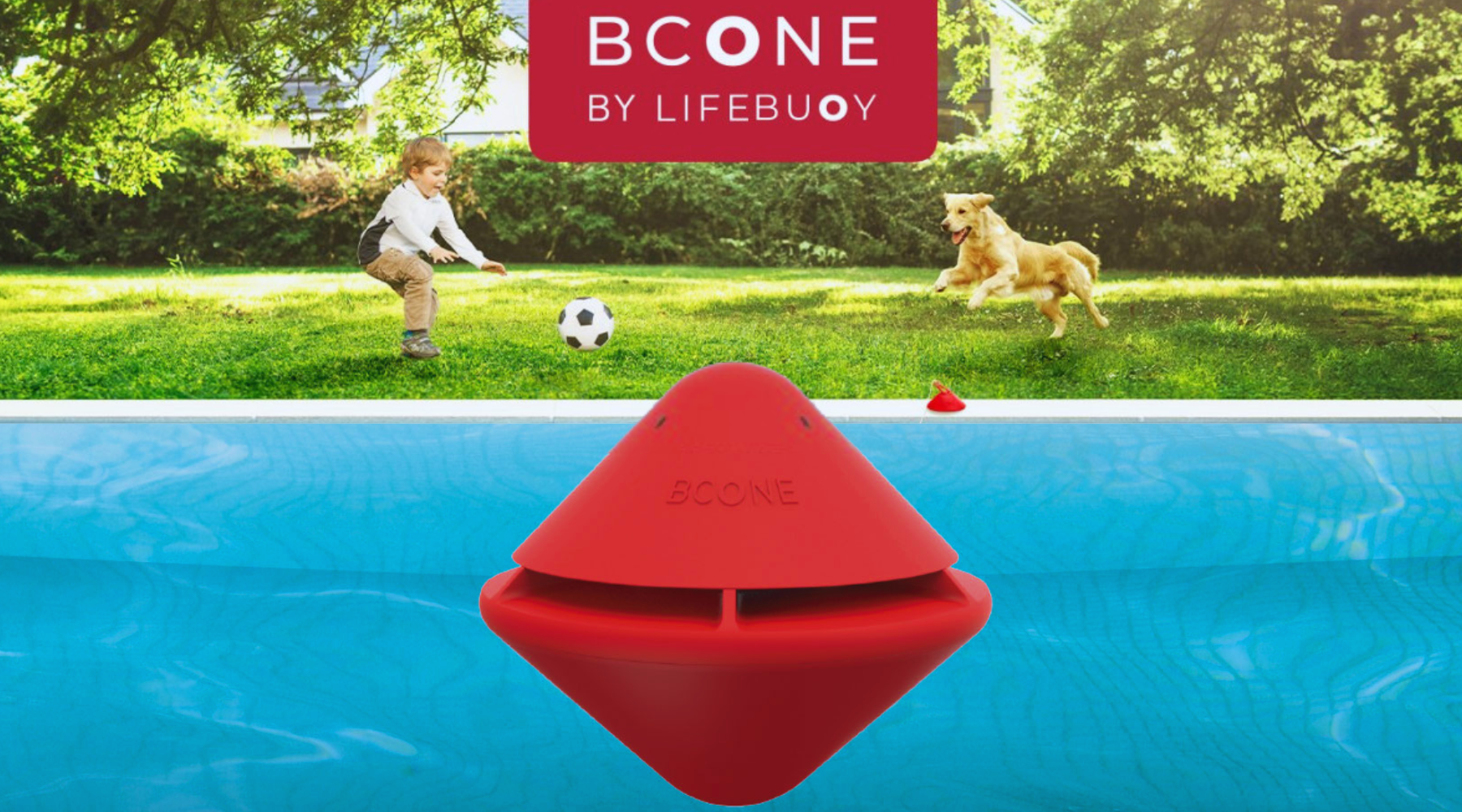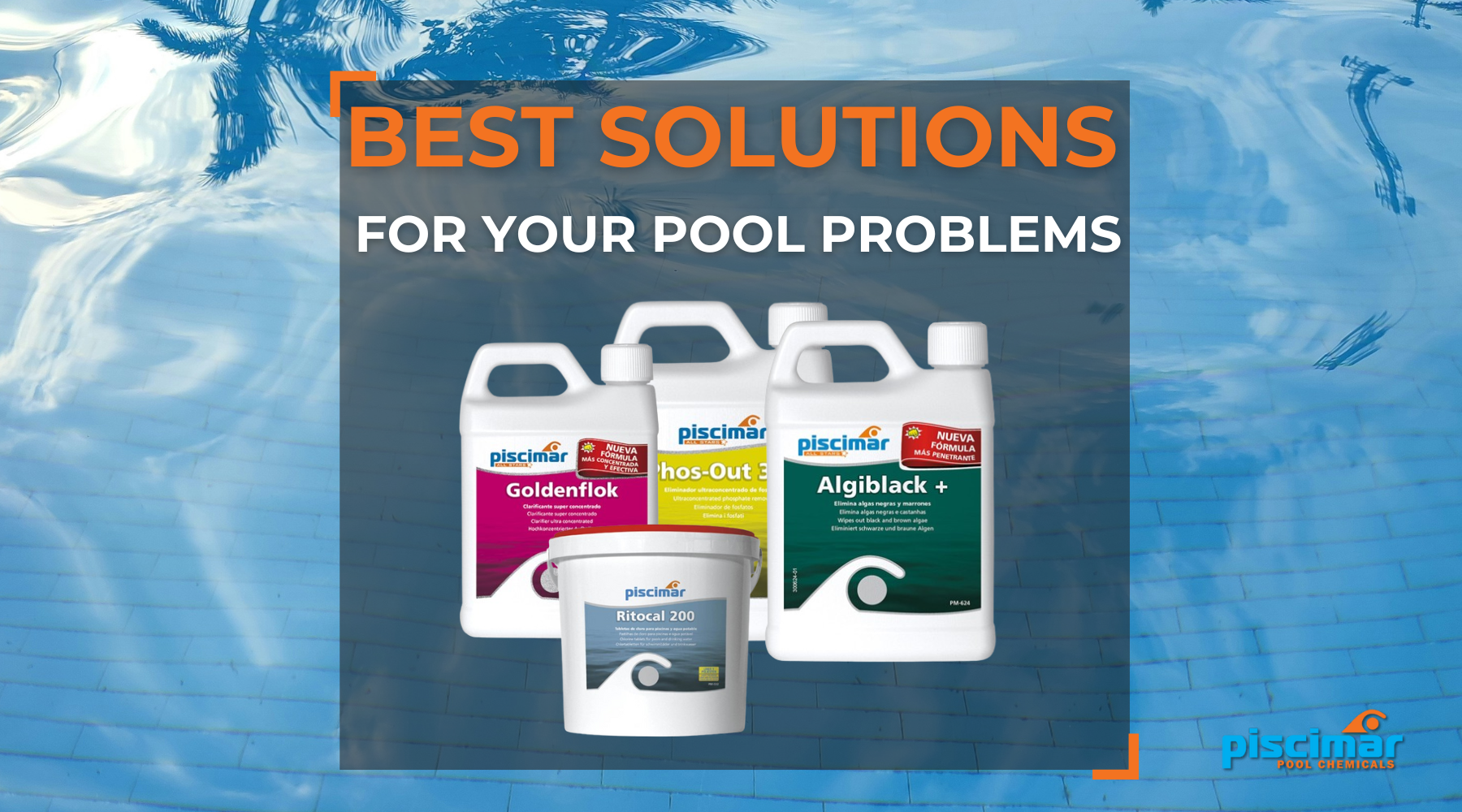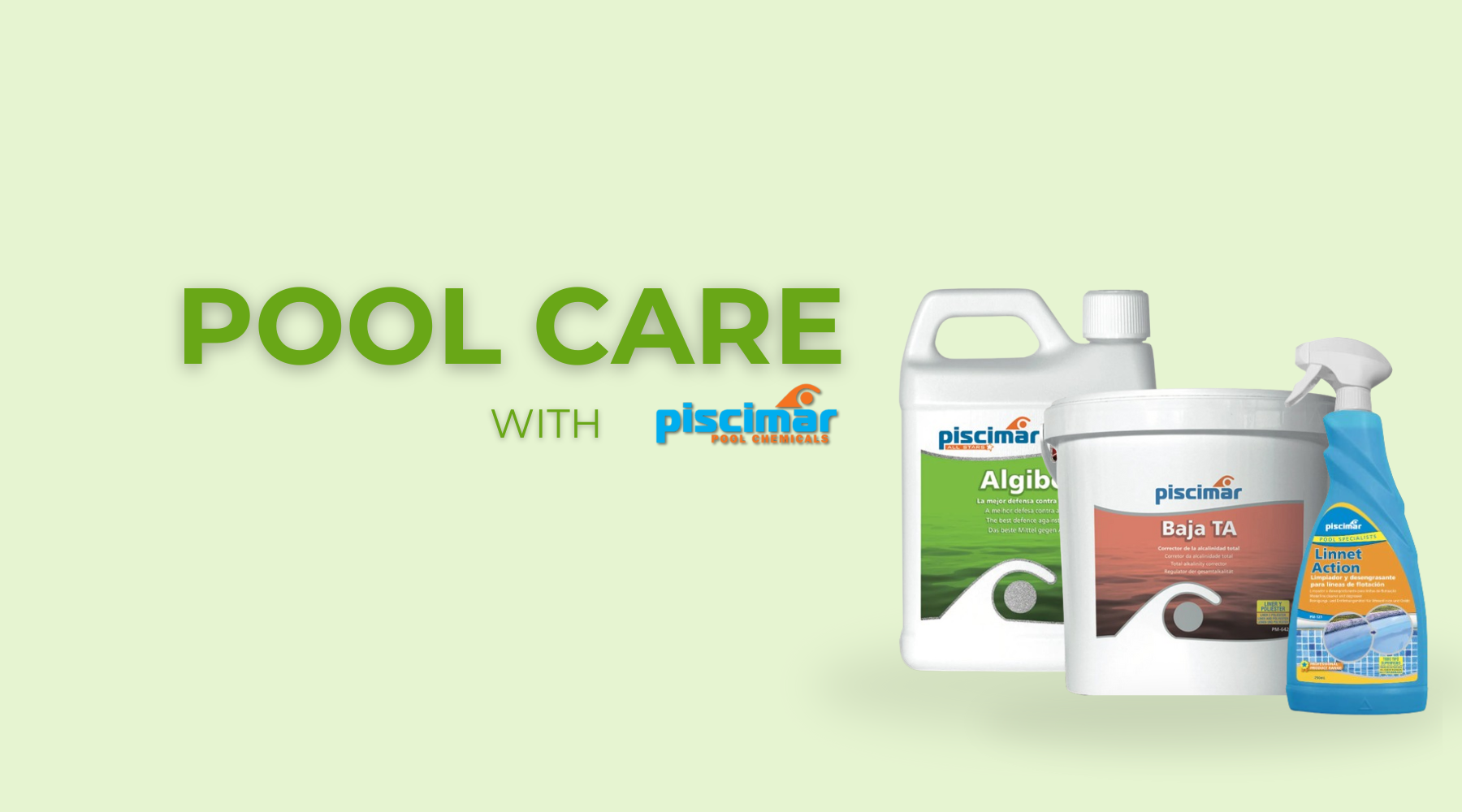
Can the coronavirus survive and spread in swimming pools, sea and beach sand? Science responds. | The coronavirus can survive and spread in pools, sea sand and the beach? Science replies.
The CSIC Publishes the report on the survival of SARS-CoV-2 in aquatic environments. In the case of swimming pools, the problem is Maintaining chlorine levels.
How and When are the pools to be opened?
Spain is in full de-escalation, the That process, although it ends in the middle of summer, does not yet have a protocol for bankers to enjoy the water. There Has Been talk of putting methacrylate screens in the sand, or organizing shifts in the pools, but so far there is nothing official, because the Ministry of Health was waiting for the report from the CSIC scientists.
And que report has arrived. The Higher Council for Scientific Research has published a text That Focuses on the survival and transmission capacity of the coronavirus, BOTH on beaches (Which are scheduled to open in phase three of the de-escalation) and on rivers and swimming pools (of Which the Government until now it has not established its opening to the bathroom).
in this 17-page text, an assessment of the possible survival capacity and infection of SARS coronavirus is made in 2-harsh environments such as swimming pools , rivers, pools, sand, sea, and even in the sea breeze, citing the scientific evidence available up to the moment.
However, the CSIC begins by recalling que the main route of transmission continues to be person-to-person contact and droplets Expelled by the cough or sneeze of an infected person.
For this reason, in the spaces dedicated to the bathroom, as in the rest of the places, the social distancing standards validated by the health Authorities must be Followed. It CONFIRMS That Also there is the evidence of the presence of the coronavirus in drinking water, although there may be in wastewater.
Swimming pools
CISC quotes the US Center for Disease Control to say that "there is evidence in the virus That That causes COVID-19 can be transmitted to people through water in swimming pools, hot tubs, spas, or water play areas. " .
"There is evidence in the que COVID-19 can be transmitted through water in swimming pools, hot tubs, or spas." But for this, it is Necessary to maintain the chlorination of water in the standards established in the laws, beginning with Royal Decree 742/2013 que regulates the matter.
the CSIC, in line with what the recommend laws, considers que swimming pool water shouldnt have a recommended free chlorine concentration of between 1 and 3 mg / L, which "would be sufficient for the inactivation of the virus, and Therefore, enough to avoid the risks of contamination During the bath." The key
: Maintaining However the chlorine level
, at this point the CSIC gives the key to the safe swimming in the pool: keep the level of free chlorine in the water to ENSURE disinfection. "Proper monitoring of the free chlorine present in the bathwater Concentrations shouldnt be done to ENSURE the antimicrobial capacity Necessary to Prevent contamination."
The report says que constant monitoring is "feasible" in swimming pools with maintenance personnel. If there is not, he adds, "The Necessary measures must be taken to ENSURE said permanent disinfection." Because the problem Is that the chlorine level is not permanent and you have to watch it.
Salvador Mauri, CEO of SCP Pool Spain (Which is part of Poolcorp, the largest distributor of equipment pool in the world) Explains Given in an interview 20 minutes ago que the chlorine water is added to the "diluting" as it acts. Factors such as water temperature and the "load of organic matter provided by bathers" this causes chlorine to be "inactivated" and remain present in the water of the "chloramines". "These are what chloramines irritate the swimmer's eyes, mucosa and skin," he says.
The director of SCP Pool comments That there are two common ways to add chlorine to public and community pools. One is the automatic dosing of sodium hypochlorite (common bleach) and the other is the production of chlorine through salt electrolyzers, Which convert the common salt previously dissolved in water into highly disinfecting chlorine.
The problem is the que chlorine levels drop to the day progresses due to the action of the elements.
"You can have 3 milligrams per liter of free chlorine at nine in the morning and at 11, if it is a very hot day with many or bathers, all that has Evaporated chlorine, it is no longer available chlorine, "says Mauri. "The more bathers and temperatures, the faster the chlorine acts and the pool runs out of free chlorine to keep acting,"
Under These conditions, Mauri estimates That It would be Necessary to check the water "at least four a day times: at the beginning, closing and two intermediate days ". "The problem Is that measures the chlorine whoever is going to do it with optical systems, with photometry, Which are very simple but you do not give a very exact measurement," he considers.
To maintain That level of "Pure" chlorine in the water, even from administrations, it is recommended, Mauri says, the use of automatic systems control the "robot" that Constantly Analyzes the water and When it detects the chlorine drop "Available" is launched to add more .
K152 dosing panel That ppm and measures chlorine with a pH probe potentiostatic SCP POOL Subject "When it Reaches the Appropriate level, it stops dispensing disinfectant, since it is not Necessary to Increase the load chlorine in the water beyond what is recommended, "he adds. "They That Have Been systems are available for more than 20 years and que, due to ignorance Often, they are not present in all community pools." Closed
pools, spas and steam rooms for other types
of facilities, such as swimming pools, spas and steam rooms (wellness centers), the CSIC Refers to report estimates for pool water, in Which These facilities must have the same chlorine conditions.
"Available reduced Scientific Information Indicates survival of SARS-CoV-2 at elevated temperatures "Regarding steam and saunas, the text Indicates that" the scientific information available on the survival of the virus in different environmental conditions is scarce, but Indicates the reduced survival of SARS-CoV -2 at elevated temperatures. "The
in the rest of the facilities, in the cases These CSIC Urges to follow the recommendations for cleaning metal, wood, floor surfaces, etc.
DOWNLOAD THE OFFICIAL DOCUMENT:
https://www.20minutos.es/uploads/files/2020/05 /07/INFORME_PlayasyPiscinas_CSIC.pdf
You may also be interested in
- Choosing a selection results in a full page refresh.



































































